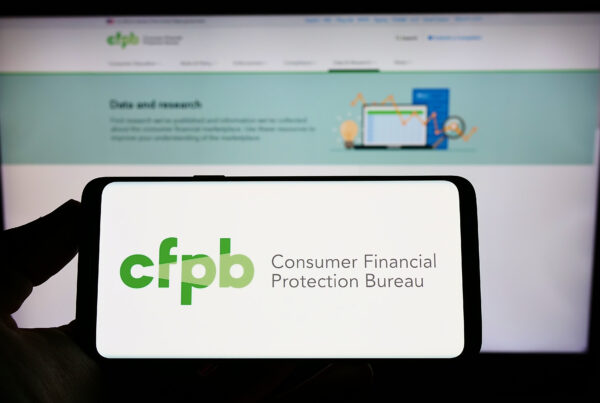by Jessica Hardy, PhD & Alana Schnitz, PhD
There are ways early childhood practitioners can connect with and include families of young children with disabilities to support positive behavior at school, childcare, and home. However, this isn’t always easy.
At times you may feel frustrated with some of the families you work with. You might feel that families are:
- Disinterested in their child’s education
- Overly involved in their child’s education
- Difficult to work with because of differences in cultures or values
- Difficult to work with because of personality conflicts
Sometimes it can be difficult to work with families that are different than us. It can also seem easy to judge families. When you feel frustrated, for whatever reason, it can be helpful to reframe—or look at situations from a different perspective. For example, if you think, “I wish Celia’s mom would spend less time in the classroom—it is so distracting to the children!” try to reframe that thought by considering the benefits that her presence could bring. Perhaps there’s a small group cooking activity you want to try, but you are worried about supporting the children in the activity—Celia’s mom could help! Additionally, consider why Celia’s mom is in the classroom—perhaps this is Celia’s first experience in an early care and education environment and her mom is finding it difficult to separate. There are many possible reasons. It is important to try to take the parent’s (or other family member’s) perspective and approach the situation with empathy and understanding.
Other times you might find a family member difficult to interact with because of a personality conflict. Try to remember that, just as with children, we should be welcoming and understanding of all families. Try to recognize the “difficult” family member’s strengths. Remember you both have a shared goal to support and nurture their child.
Whenever you find a situation challenging, try to view it as an opportunity for personal growth—how can you get even better at working with families? And remember to try to be flexible. We are all different and need to give each other grace. Using a growth mindset that we are all “works in progress” will help you reframe behaviors. Negativity often begets negativity, thus maintaining a positive attitude can be very helpful!
In the webinar “Let’s Work Together: Building Relationships to Promote Positive Behavior” we discuss all this and more.
Image from Pixabay.com, CC0













